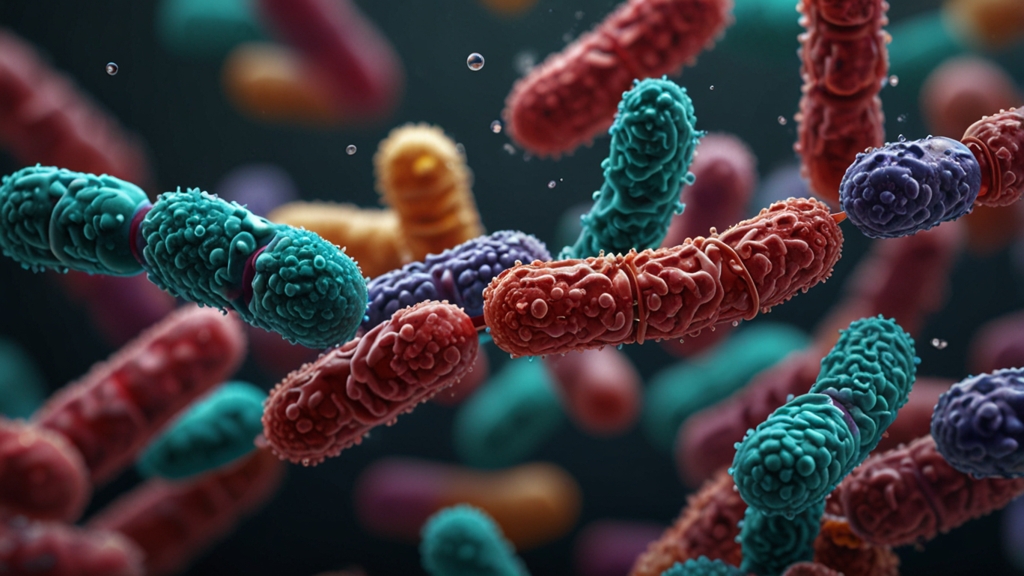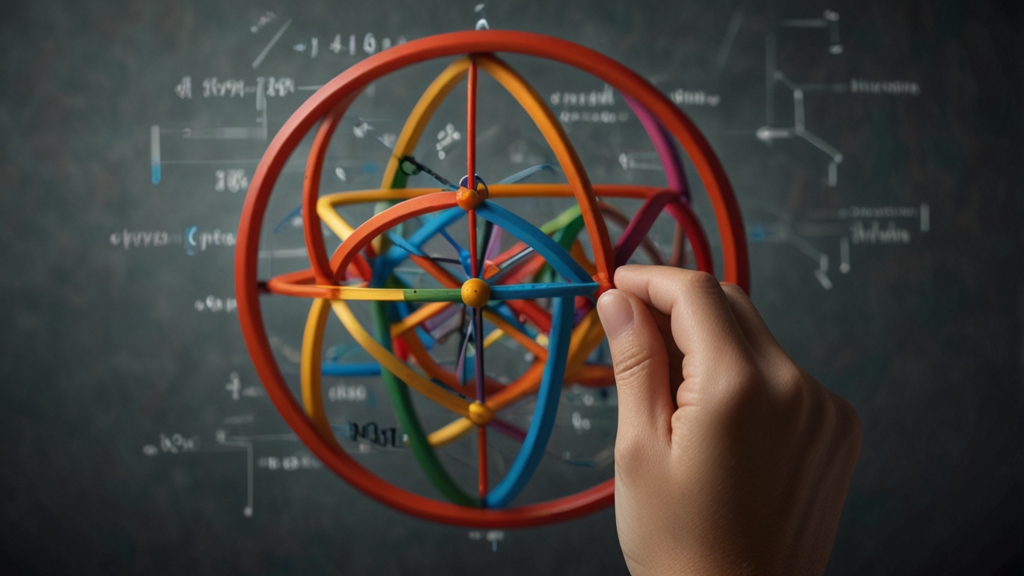The Feminine Perspective in Genesis Stories of Strength
The Book of Genesis, the first book of the Bible, is replete with narratives that have shaped Western religious and cultural traditions. Often, these stories are seen through patriarchal lenses, focusing primarily on the male protagonists like Adam, Noah, Abraham, and Joseph. However, underlying these tales are the subtle yet profound accounts of female characters whose resilience, wisdom, and strength offer essential insights into the fabric of these ancient narratives. Exploring the feminine perspective in Genesis allows us to appreciate the critical roles women have played in both heavenly and earthly dramas.
Eve: The First Woman and the Bearer of Knowledge
At the dawn of humanity, Eve stands out as a pivotal figure. Created from Adam’s rib, Eve's narrative is often overshadowed by the 'original sin' she commits. Yet, a deeper examination reveals a woman who is curious, decisive, and instrumental in humanity's transition from innocence to knowledge.
"When the woman saw that the fruit of the tree was good for food and pleasing to the eye, and also desirable for gaining wisdom, she took some and ate it." - Genesis 3:6
While Eve’s actions brought suffering, they also introduced knowledge and consciousness. She exemplifies the quest for enlightenment and the courage to confront the unknown, traits that underpin human progress. Her narrative reminds us that the pursuit of knowledge often comes with grave responsibilities and consequences.
Sarah: The Matriarch of Nations
Sarai, later named Sarah, is another prominent female figure whose strength and faith are often understated. Married to Abraham, she navigates the complex emotions of barrenness, societal expectations, and divine promises. At ninety years old, her laughter at the news of bearing a child followed by the birth of Isaac symbolizes both skepticism and the miraculous fulfillment of divine promises.
"So Sarah laughed to herself as she thought, 'After I am worn out and my lord is old, will I now have this pleasure?'" - Genesis 18:12
Sarah’s laughter morphs into a testament of resilience and faith. Her life embodies the journey from doubt to belief, showing that even in moments of skepticism, there is room for faith and eventual fulfillment. Sarah’s story is a powerful reminder that strength often lies in the enduring hope and patience amidst life’s trials.
Hagar: The Courage to Survive
Hagar, Sarah’s Egyptian maidservant, presents another compelling feminine perspective. As a foreigner and servant, Hagar finds herself in the unfortunate position of bearing Abraham’s child due to Sarah’s initial barrenness. Hagar’s narrative is a poignant testament to survival and divine grace. When she is cast out into the wilderness with her son Ishmael, it is her courage and reliance on God that ensure their survival.
"Then God opened her eyes, and she saw a well of water. So she went and filled the skin with water and gave the boy a drink." - Genesis 21:19
Hagar’s experience underscores the themes of marginalization and resilience. Her endurance and the divine intervention she receives highlight the strength found in marginalized voices and the protection offered to the vulnerable. Hagar's story extends the divine narrative to those who find themselves on the periphery of society.
Conclusion
These women of Genesis—Eve, Sarah, and Hagar—embody various forms of strength, from the pursuit of knowledge and unwavering faith to sheer survival in adversity. Their stories enrich the biblical narratives by offering diverse perspectives on the human experience, illustrating that the quest for knowledge, faith in divine promises, and resilience in hardship are not confined to male characters alone. By re-examining these tales through a feminine lens, we gain a more holistic understanding of the timeless themes that continue to resonate through generations.











